Launching a startup is an exciting experience. However, this process is not easy at all. You have to manage so many different aspects at the same time. One of them is the choice of a database.
You need something cost-effective that doesn’t lack technical features. The best choice might be to use NoSQL for startups.
Keep reading and learn which benefits it can offer!
What is NoSQL?
First, you need to understand the basics of NoSQL. It is a category of database management systems. They can handle large volumes of different data classes, including
- Structured;
- Semi-structured;
- Unstructured.
They are quite different from traditional relational databases. NoSQL systems do not rely on fixed table schemas. They employ diverse data models adapted for specific use cases instead.
What are the main types of these stores?
Key-Value
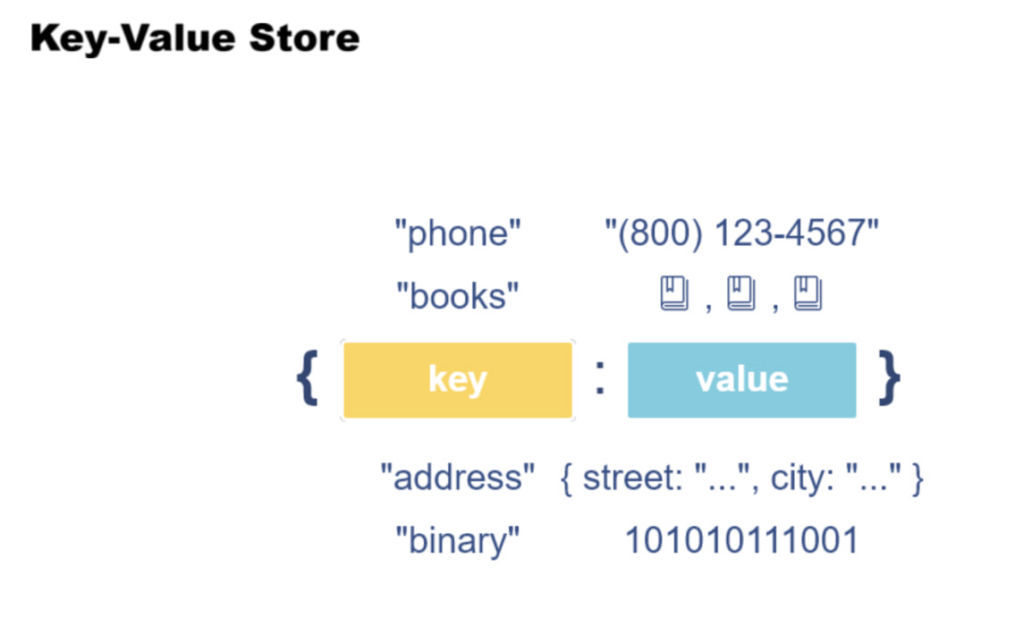
Key-value stores use a simple model. They store data as key-value pairs. Each key is unique and corresponds directly to a value, which can be in the form of
- String;
- Number;
- Complex data structure.
This type excels at quick searches. So, it is perfect for caching and session administration purposes.
Also, key-value stores are great for applications with fast read and write operations. You can use them to preserve user sessions and app configurations.
Some installations offer additional features like data expiration and partitioning for high resilience.
Document
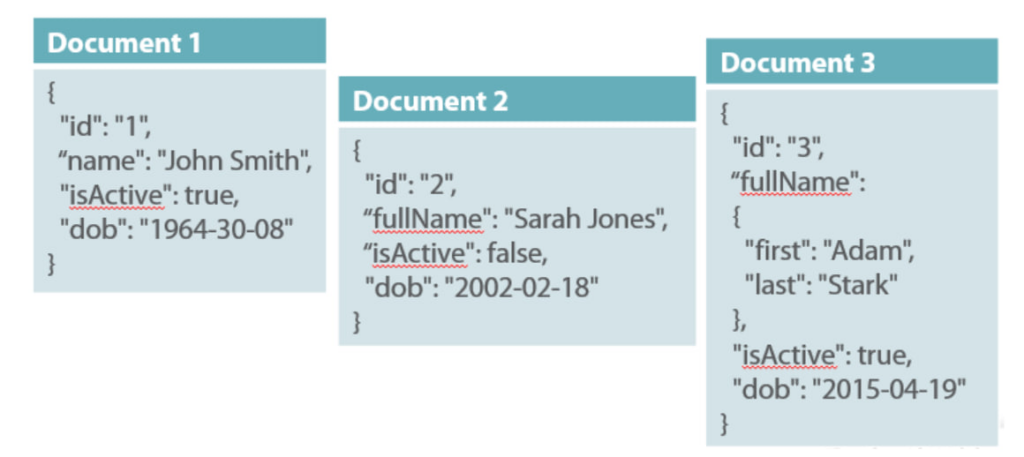
Document-oriented databases keep information in flexible structures, like
- JSON;
- BSON;
- XML.
Each document has arrays and nested structures. This makes them appropriate for content management systems and catalogs.
These databases allow you to work with data in the same format as their application code. It reduces the complexity of data mapping.
One of the key advantages of document stores is their ability to support irregular structures within the same collection. This eliminates the need for predefined schemas.
They offer powerful indexing and querying features. So, they’re great for hierarchical storage, like blog platforms and UGC systems.
Column-Family

These databases store data in columns instead of rows. So, they’re efficient for read and write-heavy workloads.
Column-family stores group related info together in queues. This lets you retrieve specific data quickly. It is particularly beneficial for distributed storage and large-scale analytical processing.
Also, these systems excel in handling large data applications. They allow for efficient compression and recovery of massive datasets. They are popular for applications that require high-speed operations, like
- Live analytics;
- Event logging;
- Recommendation engines, etc.
These databases also offer excellent fault tolerance and horizontal scalability.
Graph

Graph databases store information in nodes and edges. They represent relationships between entities. They are built for traversing complex connections.
Their most common use cases are
- Recommendation systems;
- Fraud detection;
- Social network analysis.
Graph databases allow for direct connections. It facilitates the retrieval of highly interconnected data.
These systems are ideal for scenarios where relationships between data points are as important as the data itself. They provide capabilities for pattern recognition and deep-link analysis.
Why Choose NoSQL for Startups?
You’ll need a flexible and high-performance database for your startup. It has to support your fast growth and changing business needs. So, if you’re thinking about MySQL vs NoSQL, the second one is a better choice.
Here are the main reasons for selecting NoSQL for startups.
Scalability
You’ll often experience unpredictable growth with your startup. So, there’s a need for databases that can scale efficiently.
NoSQL alternatives support horizontal scaling. So, you can distribute data to different servers instead of counting on one machine.
That way, your performance remains steady even when user demand increases.
Plus, many of these systems offer auto-sharding. It automatically distributes information across nodes without manual intervention. This allows you to handle sudden spikes in traffic without downtime.
Flexibility and Schema Agility
We’ve mentioned before that these systems differ from SQL ones, which require a predefined schema. They dictate the structure of stored data.
NoSQL alternatives make your approach more flexible and dynamic. So, you can make changes to your models without going through complex schema migrations. It’s a huge benefit, as they’re usually time-consuming and prone to errors.
These databases are highly adaptable. This is particularly useful if you need to iterate your products a lot. You definitely need a database that can grow with your business requirements.
Speed and Performance
NoSQL databases are optimized for distinct use cases that require speed and efficiency. They use data structures that support fast lookups.
For example, the key-value stores we mentioned above provide fast retrieval. Document databases allow you to keep information in a format that matches the application’s structure.
All this results in much lower query times and less latency. It is essential if you are building applications that demand live interactions. For example, it will be perfect for working with
- Social media platforms;
- E-commerce sites;
- Financial technology services, etc.
Lower Expenses
Managing expenditures while scaling operations can become your biggest challenge. NoSQL systems are usually more cost-effective than standard relational ones.
They run properly on distributed, commodity hardware instead of expensive high-end servers.
Many of these solutions work on a pay-as-you-grow pricing model. It lets you expand your infrastructure slowly. There will be no need to make large upfront investments. Plus, you can use open-source alternatives without any licensing fees.
Unstructured Data Support
As a startup, you’ll often have to work with diverse data classes, including
- Images;
- Videos;
- Social media interactions;
- Sensor data from IoT devices, etc.
Traditional solutions often struggle with processing them.
NoSQL systems can easily handle these data types. They allow you to adjust storage and processing functionalities to the exact needs of your application. You won’t have to deal with additional transformations or schema modifications.
Cloud-Native Nature
These solutions are your best choice if you work with cloud environments. They are inherently designed for distributed architectures.
NoSQL systems support replication and automatic failover. They guarantee high availability even in case of hardware failures.
Plus, it will be much easier for you to deploy applications in different geographic regions. You’ll deliver an excellent experience for all users without worrying about data center outages.
Better Support for Modern Applications
Many current successful startups build applications that demand features, like
- Real-time data processing,
- Personalization,
- Recommendation engines,
- Global user access.
NoSQL databases provide the necessary performance and flexibility to support these needs.
They are useful if you need fast product search functionality or low-latency data synchronization. These solutions guarantee you will deliver the best user experiences.
Top NoSQL Databases for Startups
You already understand how beneficial NoSQL databases are for startups.
They can offer you more flexibility and less expenditure than conventional alternatives. Now, you’re probably curious about some practical solutions.
We gathered some alternatives you can try below.
MongoDB
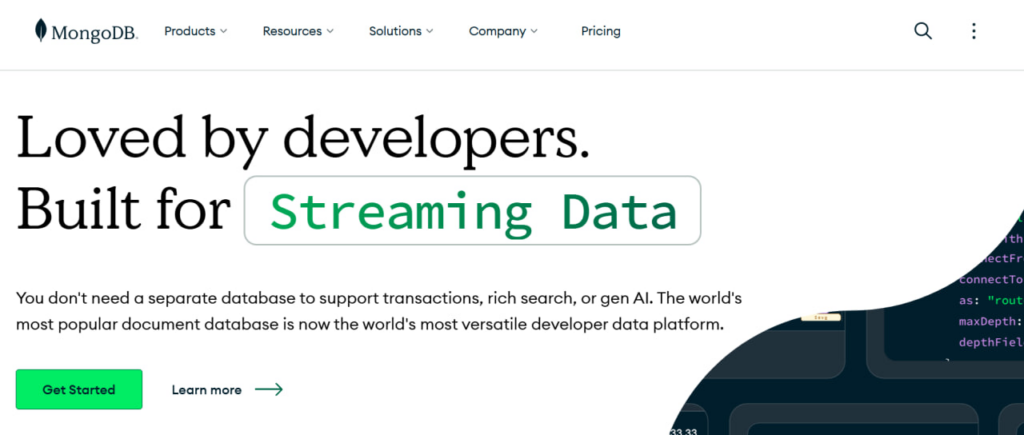
Our first suggestion is Atlas by MongoDB. It uses a flexible document model that allows you to adapt data structures quickly.
This platform has multi-region and multi-cloud capabilities. It simplifies global deployment and scaling. This high level of support guarantees
- High availability;
- Fault tolerance;
- Workload isolation.
Also, Atlas automatically adjusts resources and optimizes performance. It can offer you advanced query optimization tools and zero-downtime upgrades. This allows you to maintain low latency and better productivity.
Plus, they provide strong security, including
- Built-in access controls;
- Encryption;
- Automated updates, etc.
You’ll get full visibility of all activity and simplified compliance management as well.
Cassandra
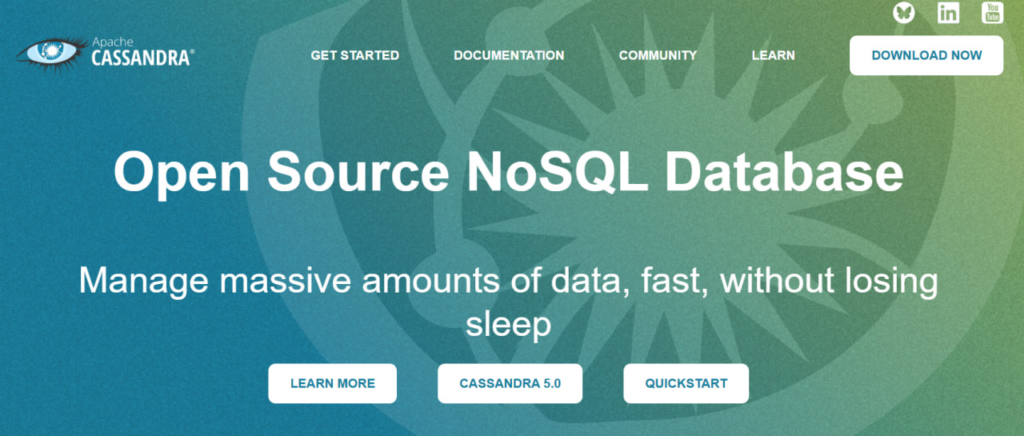
The next solution you can try is Apache Cassandra. It is a powerful open-source NoSQL database.
It distributes all data to different locations and ensures constant availability. Also, it can offer you limitless scalability. Read and write throughput increases proportionally when you add new nodes. So, you can expand your infrastructure without service disruptions.
Plus, you’ll have the flexibility to choose between synchronous and asynchronous replication. This platform has diverse advanced mechanisms to make your operations smoother, including
- Hinted Handoff;
- Read Repair;
- Zero Copy Streaming, etc.
Cassandra provides security and monitoring tools to help you track database activity. For instance, its audit logging tracks essential database operations. Also, you might use built-in analytics tools to analyze and balance workload.
Redis
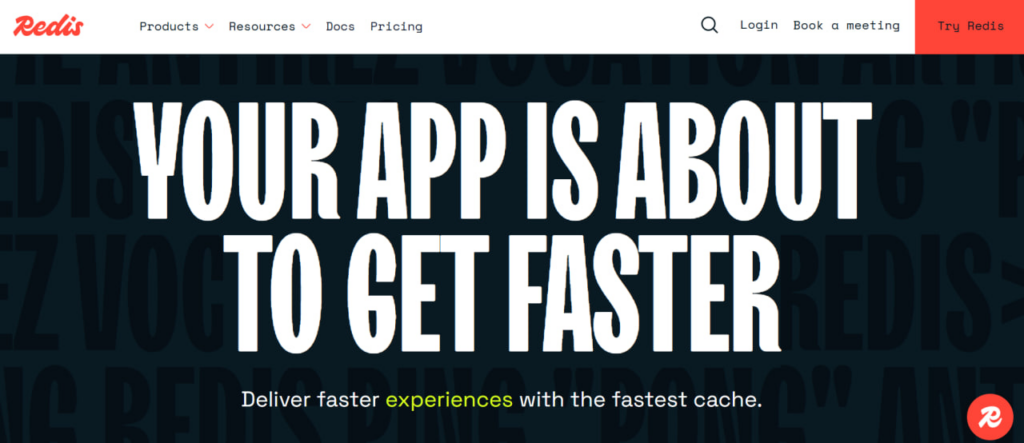
Another solution worth your attention is Redis. This in-memory NoSQL system is popular for its simplicity and versatility.
Redis can work with different data structures, like
- Lists;
- Sets;
- Hashes;
- Sorted sets;
- Bitmaps.
It is simple to set up and integrate with diverse programming languages and frameworks.
It stores information in memory, which makes it super fast. Also, it supports horizontal scaling through clustering and sharding. Your performance will be smooth even when data volume and user traffic grow.
You can use this option for
- Caching;
- Session management;
- Message ques;
- Geospatial applications.
Conclusion
The choice of a proper database is an important step in a startup launch. You’ll need an alternative that can handle unpredictable growth. Flexibility and cost-effectiveness are essential as well.
That’s why NoSQL databases might be the best solution for startups. They can handle different data types. Plus, they offer a high level of control and operational efficiency.
Hope that you found something useful! Try out some of the alternatives we described above.
